We ‘mistreated’ Iraqis but we didn’t torture them, £25m inquiry finds
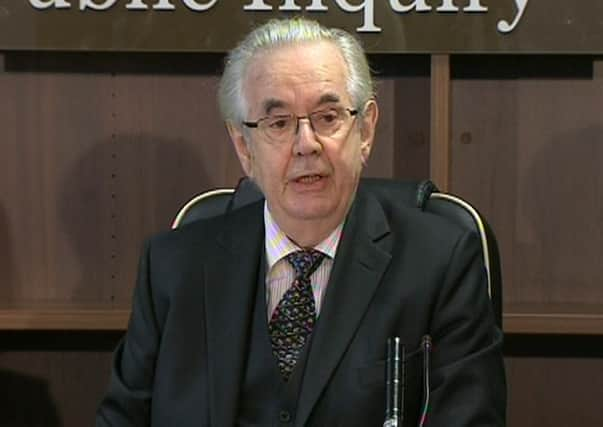

The long-running Al-Sweady inquiry, which has cost the taxpayer almost £25 million, concluded in its final report that the conduct of some soldiers towards detainees breached the Geneva convention.
But it was highly critical of the claims it was initially set up to investigate - that Iraqi detainees had been murdered, mutilated and tortured following the Battle of Danny Boy on May 14 2004 near Al Amarah in southern Iraq.
Advertisement
Hide AdAdvertisement
Hide AdIt found that British forces responded to a deadly ambush by insurgents with “exemplary courage, resolution and professionalism”.
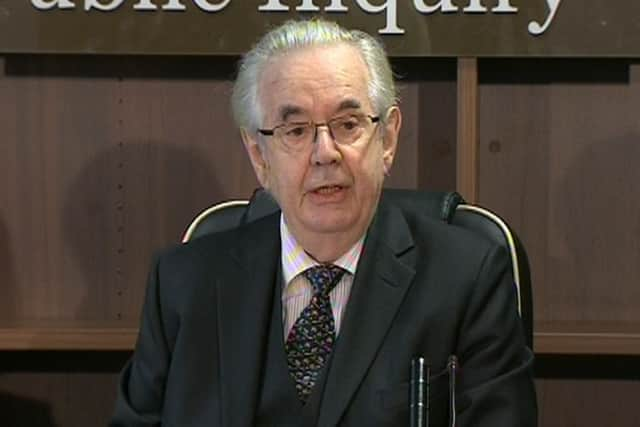

And it suggested that some of the detainees - all described as members or supporters of the Mahdi Army insurgent group - consciously lied about the most serious allegations to discredit the British armed forces.
Defence Secretary Michael Fallon said the report had shown beyond doubt that all of the most serious allegations were “wholly without foundation”.
He told MPs the report “puts to rest once and for all these shocking and, as we now know, completely baseless allegations”.
Advertisement
Hide AdAdvertisement
Hide AdDelivering his final report after a five-year process which began in November 2009, inquiry chairman Sir Thayne Forbes found there had been instances of ill-treatment during “tactical questioning” of the detainees at Camp Abu Naji (CAN), near Majar-al-Kabir in southern Iraq, on the night of May 14/15.
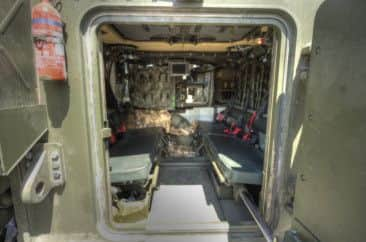

These included blindfolding the prisoners, depriving them of food and sleep, and using threatening interrogation techniques contrary to the Geneva Convention.
The former High Court judge also criticised British soldiers for “tasteless trophies” such as striking poses for photos with detainees.
Sir Thayne wrote: “I have come to the conclusion that the conduct of various individual soldiers and some of the procedures being followed by the British military in 2004 fell below the high standards normally to be expected of the British Army.
Advertisement
Hide AdAdvertisement
Hide Ad“In addition, on a number of other occasions, my findings went further.
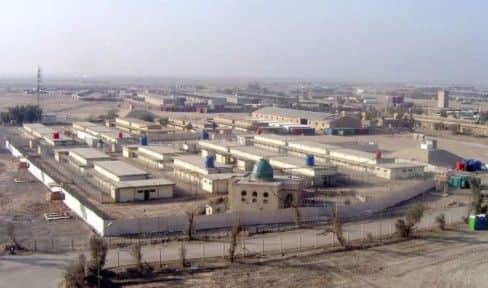

“I have come to the conclusion that certain aspects of the way in which nine Iraqi detainees, with whom this inquiry is primarily concerned, were treated by the British military, during the time they were in British custody during 2004, amounted to actual or possible ill-treatment.”
Lawyers representing the alleged victims’ families had already admitted during the public inquiry that there was no evidence of unlawful killing.
But they stood by claims that detainees were mistreated at CAN and later at Shaibah Logistics Base.
Advertisement
Hide AdAdvertisement
Hide AdCommenting on claims that British soldiers murdered, mutilated and tortured detainees, Sir Thayne said: “The work of this inquiry has established beyond doubt that all the most serious allegations, made against the British soldiers involved in the Battle of Danny Boy and its aftermath and which have been hanging over those soldiers for the last 10 years, have been found to be wholly without foundation and entirely the product of deliberate lies, reckless speculation and ingrained hostility.”
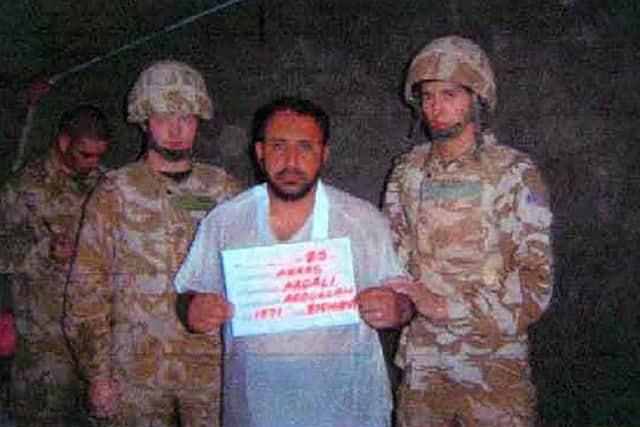

The inquiry chairman said allegations by eight of the nine detainees that they heard and saw evidence that Iraqi men were beaten, tortured or executed near CAN were “conscious and deliberate lies”.
He added: “Furthermore, having regard to how much of the evidence of these eight detainees was in common, it appears likely that their various falsehoods are the product of active collusion between them and possibly between them and one or more third parties intent on discrediting the British forces as much as possible.”
He also rejected claims that Iraqis killed or taken into custody were unarmed civilians, finding that they were probably members or volunteers of a Shia insurgent group which ambushed British forces.
Advertisement
Hide AdAdvertisement
Hide Ad“I am satisfied that amongst those armed men were the 28 men who were killed in the fighting and whose names appear in the report,” he said.
“Also amongst those armed men were the nine detainees who were later captured and detained by British troops at various locations on the battlefield.
“It is very likely that the nine detainees took part in the ambush and the resulting battle as actual members of volunteer supporters of the Mahdi army.”
The judge also found there was no evidence to back up allegations of ill-treatment at Shaibah, including use of stress positions and the pretence that detainees were at Abu Ghraib.
Advertisement
Hide AdAdvertisement
Hide AdHis report, which will now be laid before Parliament, makes a number of recommendations including improvements to arrest records in the battlefield.
The inquiry is named after Hamid Al-Sweady, a 19-year-old student whose father Mizal Karim Al-Sweady claimed he was murdered after being detained.
The inquiry was ordered by then-defence secretary Bob Ainsworth in November 2009 amid concerns from High Court judges that the MoD had not properly investigated the events of May 2004.
As of November 30 this year, it had cost £24,598,372, after starting oral hearings in March last year and calling 282 witnesses.
Advertisement
Hide AdAdvertisement
Hide AdSir Thayne said he was making nine separate recommendations based on his findings.
He said it was crucial that improvements should be made to the collection, storage and ability to search documents and records.
Other recommendations related to the “shooting incident policy” and the need for better arrest records for detainees in theatres of war.
In a statement to the media, the judge explained that the bodies of the dead Iraqis were taken from the battlefield following the Battle of Danny Boy - named after a nearby British checkpoint - because British forces were searching for a suspect in the murders of six Royal Military Policemen in Majar-al-Kabir in June 2003.
Advertisement
Hide AdAdvertisement
Hide AdCodenamed Bravo 1, the suspect was not found, but removing the bodies to CAN led to “rumours, stories and speculation” being spread among the local population, Sir Thayne said.
He said that among the most “pernicious” of these rumours was that made by Al-Sweady’s father, Khuder Al Sweady, who claimed British forces used microbiological and chemical weapons.
The former judge said he was satisfied that bodies taken back to the base were treated and handled with “care and respect”.
“I am completely sure that none of the bodies of the deceased were mutilated or mistreated by the British in any way and that none had been tortured by British soldiers prior to his death,” he said.
Advertisement
Hide AdAdvertisement
Hide AdShadow defence secretary Vernon Coaker said: “The conclusions of this inquiry make clear that serious allegations of unlawful killing, torture and mutilations levelled against British troops were wholly without foundation.
“Where it does find that some individual soldiers may have fallen short of the high standards expected of the UK armed forces, that is of course regrettable and unacceptable.
“Labour supports the implementation of the report’s recommendations so that we can learn lessons for the future, and ensure proper procedures are in place to prevent both occurrences of ill-treatment and effective investigation of any allegations.
“None of what the report found justifies what the inquiry said was untruthful evidence and deliberate lies from the accusers. Those who made the false allegations have not and will not besmirch the good name of our brave servicemen and women.”